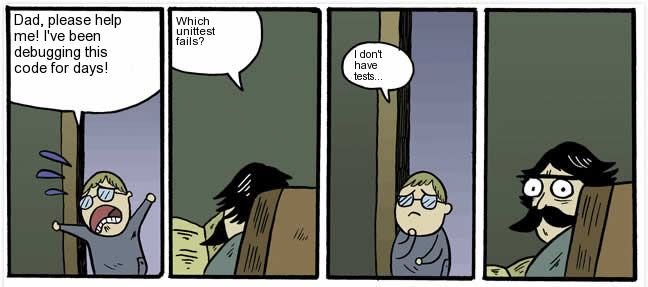Hi! I am creating a Jasper Report using IRIS like DB, I've created my Data Adapter to connect with my DB configuring the JDBC connector and it works perfectly:
.png)
But when I try to create a report connecting to my DB I am getting this error:
.png)
This is the error in detail:
java.sql.SQLException: Communication link failure: Socket closed
at com.intersystems.jdbc.OutStream.send(OutStream.java:48)
at com.intersystems.jdbc.IRISDatabaseMetaData.executeCatalogQuery(IRISDatabaseMetaData.java:865)
at com.intersystems.jdbc.IRISDatabaseMetaData.getTableTypes(IRISDatabaseMetaData.java:679)
at



